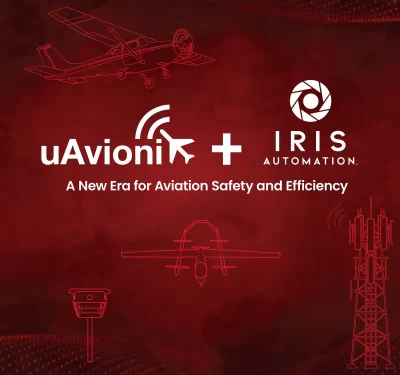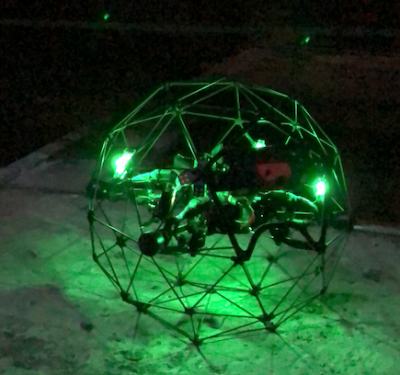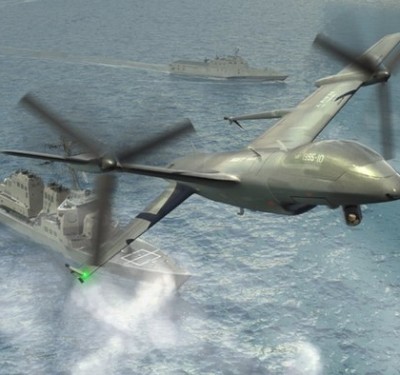
The senseFly eBee Classic, eBee Classic RTK, eBee Plus and eBee SQ are approved for use in future BVLOS missions carried out by Brazilian drone operators. Photo: senseFly
senseFly recently received approval from the National Civil Aviation Agency (ANAC) for beyond visual line of sight (BVLOS) drone flights in Brazil—marking a first for the country.
With the authorization, the senseFly eBee Classic, eBee Classic RTK, eBee Plus and eBee SQ are approved for use in future BVLOS missions carried out by Brazilian drone operators, according to a news release. The company received the approval in collaboration with drone engineering and consulting specialists AL Drones and geotechnology company Santiago & Cintra.
“This is a momentous step forward for BVLOS operations in Brazil, and a really exciting time for the country’s expanding commercial drone industry,” senseFly’s Regulatory Compliance Manager Pierre-Alain Marchand said. “We’re delighted that our robust drones—offering the appropriate safety mechanisms and exceptional navigational performance needed for BVLOS—have played a part in this landmark achievement and are helping to define frameworks and regulations that will support the growth of future BVLOS operations.”
Receiving the approval required developing a series of manuals, documents, technical reports and tests proving senseFly’s UAS met all safety criteria. With this authorization, drone operators can now navigate and map larger and more remote areas, expanding the professional use of drones in a variety of sectors.
“This is our biggest achievement to-date and is a testament to the extensive planning and hard work that went into receiving this approval,” said André Arruda, Drone Associate, AL Drones, according to the release. “With correct planning, and communications with local air traffic control, BVLOS operations can be an incredibly efficient mapping tool. This groundbreaking decision will open up new opportunities for commercial drone use in Brazil and help to deliver a more cost-effective and efficient method of working for drone operators, civilians and governments.”






